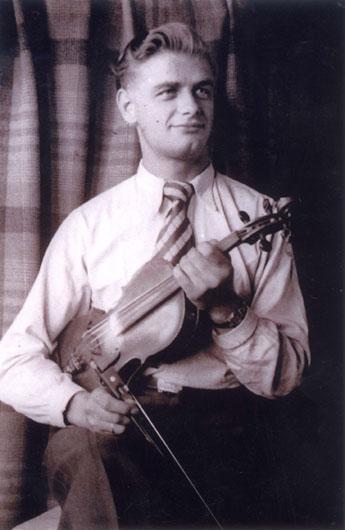

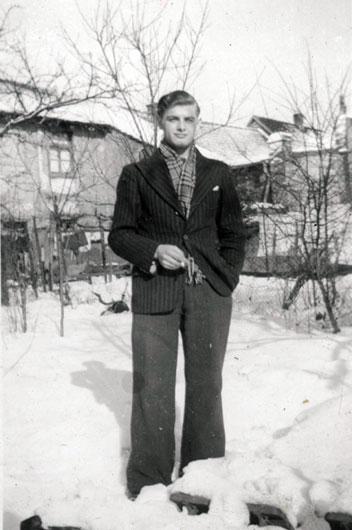

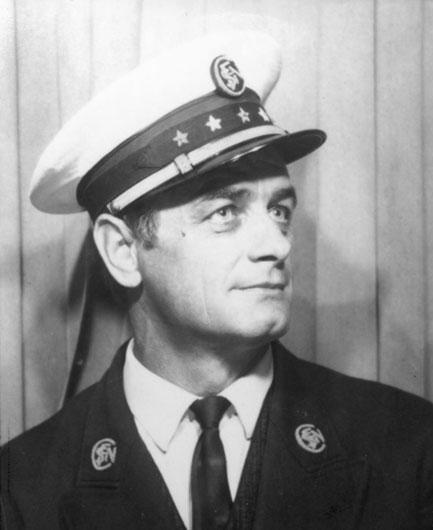

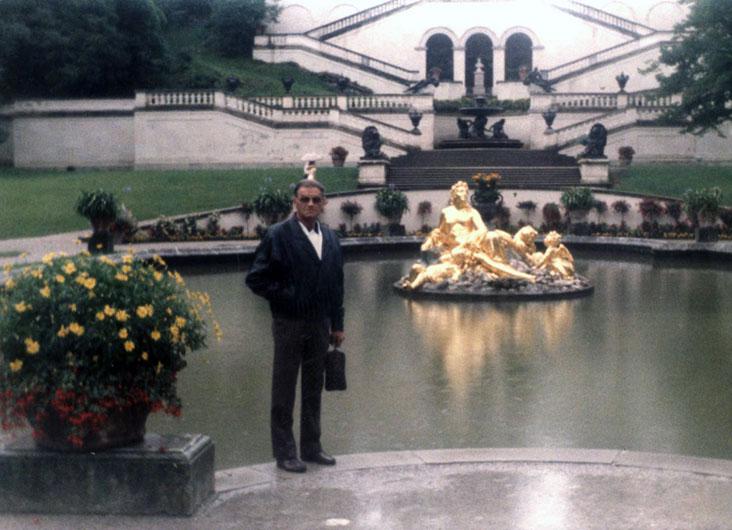

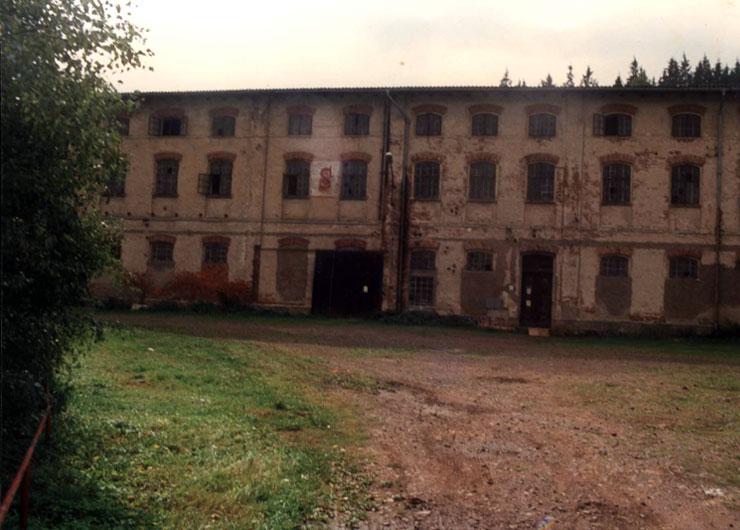

Sunday to Thursday: 09:00-17:00
Fridays and Holiday eves: 09:00-14:00
Yad Vashem is closed on Saturdays and all Jewish Holidays.
Entrance to the Holocaust History Museum is not permitted for children under the age of 10. Babies in strollers or carriers will not be permitted to enter.










Pierre Nicolini was one of the French political prisoners that were deported by the Germans to Poland. He was put in Halbstadt, one of the many a sub-camps of Gross-Rosen concentration camp. In the same camp were several hundred young Jewish girls that had been brought from Auschwitz in October 1944 as slave laborers in the Halbstadt munitions factory.
Ruth Eldar was one of these girls. Born in Lodz, she had survived life in the ghetto and had been deported to Auschwitz when the ghetto was liquidated in summer 1944. She was 16 years old when she and 50 other girls from Lodz were brought to Halbstadt from Auschwitz. Another 550 Hungarian Jewish women were brought to this camp.
The Jewish prisoners had to work twelve hours a day, were badly treated by the SS supervisors, and received only very meager food rations. They lived in a big hall in the factory building.
The French political prisoners had better conditions than the Jewish inmates, who were at the bottom of the hierarchy of the Nazi camp system. Pierre Nicolini and his friends took pity on the Jewish girls and decided to help them. Although it was absolutely forbidden, Nicolini established contact with the Jewish girls, and smuggled food to them. He tried to help them in any possible way to survive until liberation. At one time the German SS guards decided to lock the girls in the factory hall and to deny them food. Ruth Eldar and two other survivors described that the French workers intervened on their behalf and threatened to shut down the machines, until the Germans brought food to the starving inmates.
Despite the danger, Pierre Nicolini and his friends took great risks to help the Jewish girls. Even though they were themselves victims of the Nazi system they preserved their human dignity and felt that, no matter how difficult their own situation was, they had a moral obligation towards others.
On 13 May 2008 Pierre Nicolini and Georges Pierrot were recognized as Righteous Among the Nations by Yad Vashem.

Thank you for registering to receive information from Yad Vashem.
You will receive periodic updates regarding recent events, publications and new initiatives.

"The work of Yad Vashem is critical and necessary to remind the world of the consequences of hate"
Paul Daly
#GivingTuesday
Donate to Educate Against Hate


Worldwide antisemitism is on the rise.
At Yad Vashem, we strive to make the world a better place by combating antisemitism through teacher training, international lectures and workshops and online courses.
We need you to partner with us in this vital mission to #EducateAgainstHate
The good news:
The Yad Vashem website had recently undergone a major upgrade!
The less good news:
The page you are looking for has apparently been moved.
We are therefore redirecting you to what we hope will be a useful landing page.
For any questions/clarifications/problems, please contact: webmaster@yadvashem.org.il
Press the X button to continue



